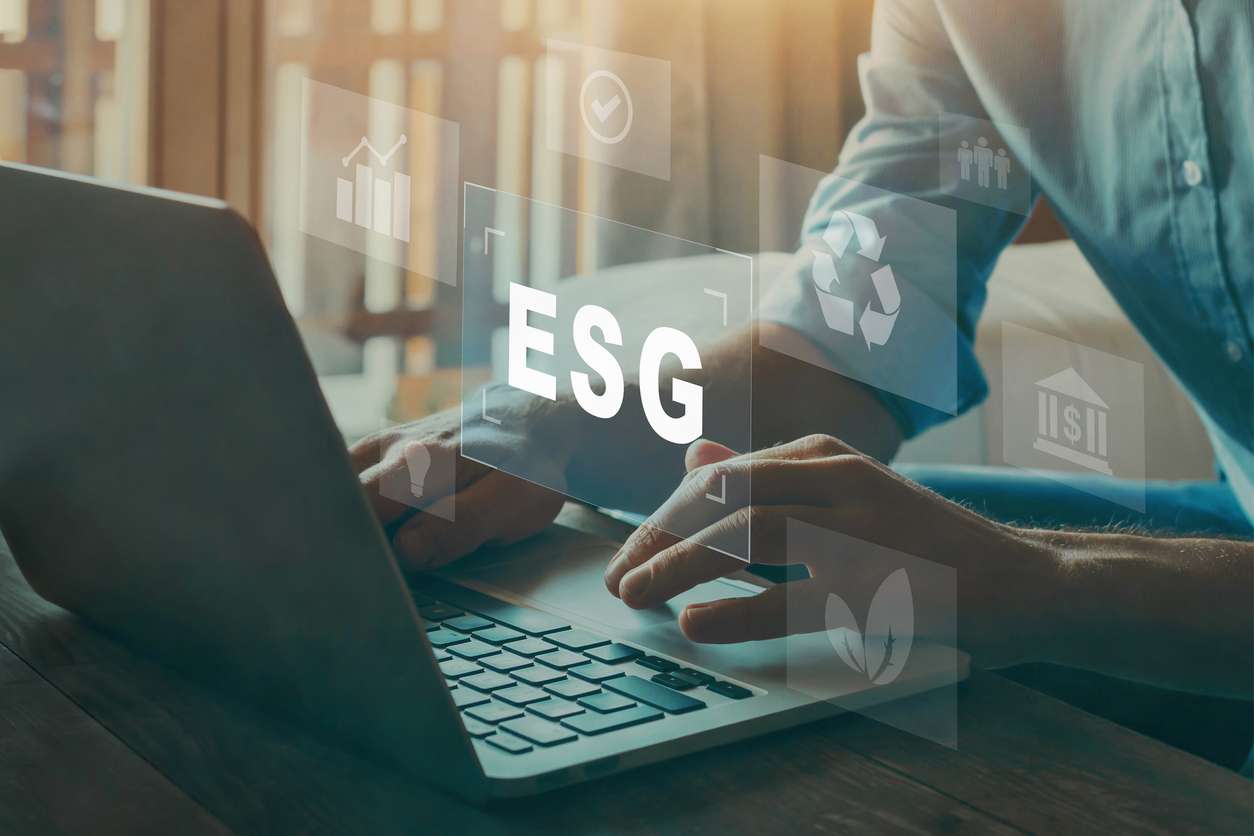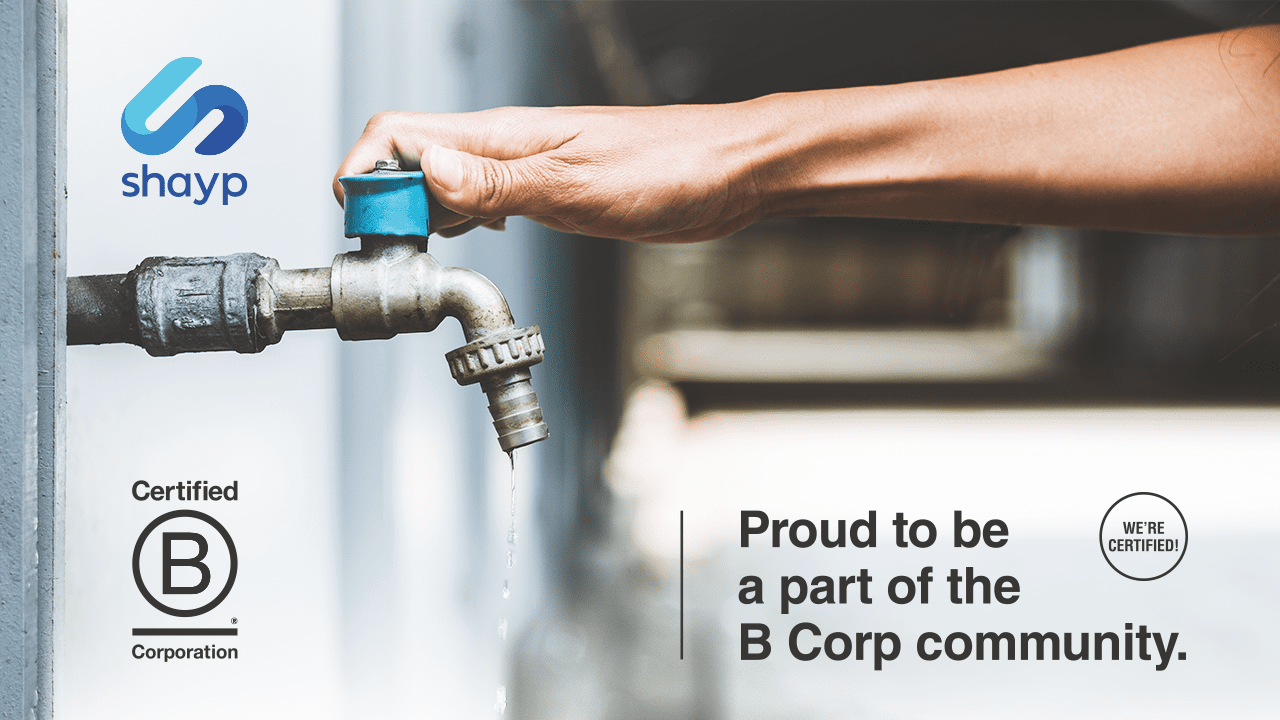
The E.S.G. acronym stands for Environmental, Social and Governance. These three areas add up to a company's sustainability rating. Many investment companies now consider these ratings to be part of their criteria for evaluating investment opportunities. Here's a look at the increasing awareness of ESG scores in the investment community and what it means to businesses working to improve their standing.
Criteria for ESG companies
ESG criteria is still in its infancy and continues to evolve. At the same time, it is steadily gaining adoption by investors while impacting mutual funds and other investment products. The growth of ESG investment products over the past decade has been significant as investors become more aware of how sustainability issues affect the long-term health of a company.
Right now it's typical for firms to create their own metrics that rate their sustainability. Corporations issue these ratings with their annual reports. Some firms rely on third-party organizations such as Sustainalytics, a division of Morningstar. Investors typically get involved with sustainability ratings via mutual funds and exchange traded funds (ETFs).
Over the past decade new methodologies for measuring environmental, social and governance metrics have emerged. While older ratings methodologies were deliberately exclusive to weed out polluters, newer ratings systems are more inclusive. A more inviting approach has helped stimulate deeper interest in going green, aiming for employment diversity and complying with ethical management standards.
Why is ESG criteria more prevalent in real estate?
Since energy for heating, cooling and lighting accounts for 28 percent of global carbon emissions, it has become a top issue for industries such as real estate. Property owners and investors are feeling the pressure to help promote sustainability. Many experts in the financial industry view energy cost-cutting as essential to businesses for maximizing profit margins.
LEED certification remains important for promoting green buildings, but the larger goal of the World Green Building Council (WGBC) is for buildings to reach net zero carbon emissions by 2050. The real estate industry has responded by investing in properties with solar panels and other sustainable solutions that allow for "green leasing" commercial property space to companies. Developers and investors can set premium leasing rates for properties that are integrated with renewable energy resources.
The key is to make energy savings worth paying a higher lease. LEED-certified office buildings command over 5 percent higher rent than traditional buildings, according to commercial real estate firm CBRE Group. Commercial builders are increasingly moving toward eco-friendly and durable construction materials.
In terms of social responsibility, real estate firms participate in affordable housing projects with government programs. These projects help build more sustainable communities and reduce the problem of homelessness. Building designers are also moving toward promoting health and wellness issues with an emphasis on high-quality ventilation and filtering to reduce indoor air pollution. They are also taking into account how natural light improves wellness.
Are ESG criteria enough to confirm sustainability?
Socially responsible investing (SRI) has been going on since the 1960s with the convergence of movements for human rights, environmental safety and corporate transparency. Only in recent years, however, has there been so much emphasis on businesses adopting sustainable solutions on a widespread scale. Investors who have a deep passion for sustainability models usually look beyond the ratings to see what the business has actually done to improve environmental, social and governance conditions.
How much do Companies care about sustainability ratings?
Today evidence shows a growing number of companies do care about environmental protection, employment diversity and responsible leadership. According to McKinsey & Company in 2020 "ESG is here to stay." The research firm says these scores are playing into mergers, acquisitions and divestitures.
So, yes the scores matter in a big way, but they need to match company performance when an investor pursues due diligence. When financial data shows a positive link between environmental, social and governance practices, it can further raise the value of the company by attracting a growing base of investors.
Shayp contributes to sustainability by improving water efficiency and reducing leakage in buildings. We can help reduce water loss on average by 22%, as well as evaluate your real estate assets and their impact on the environment. Contact the experts at Shayp to learn more about how we can cut your water bill and help reduce water waste.

